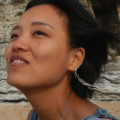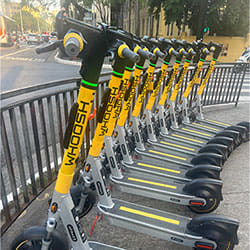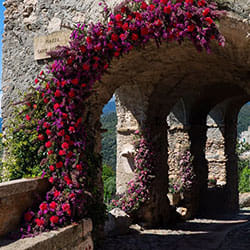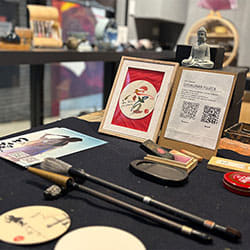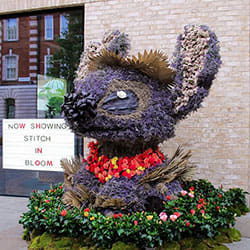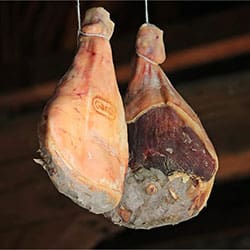
Borda d’Água, which translates to “edge of the water,” is a booklet full of everyday wisdom based on astronomical and religious data. It’s published every year, and 2022 already marks its 93rd printing!
The cover has an ordinary yearlong calendar. On the back is an explanation of the Portuguese national flag, birthstones for each month and their descriptions, and national holidays. The pages after that contain the main content of the booklet.
There is one page each for January through December, with information on that month, what should be done that month, and so on.
These are the kinds of things in the Borda d’Água:
• Sunrise and sunset times on the first and last day of the month
• Change in the length of the days over the course of the month
• Sayings associated with that month
• When the moon is full, new, waxing, and waning
• Holidays
• Religious significance of each day
• Famous people born each day
• Oracle (fortune for the month)
• Agricultural and gardening wisdom
Once you pass December, the next pages go like this:
• Page 15: Time and date of the full, new, waxing, and waning moons; tide information, date/time of season changes, religious abbreviations
• Page 16: Calendars for constellations and the moon
• Page 17: Lunar and solar eclipses during the year
• Pages 18–19: Planets visible during the year (when, where they can be seen, which planets will cross the sky, etc.)
• Pages 20, 22: National holidays and festival days
• Page 23: When and where markets will be held
• Back cover: Astrological commentary for the year (which planets are in which positions)

To be honest, I have zero interest in religion or astrology. Yet the reason I end up buying this booklet every year is for the convenience of the monthly agricultural and gardening advice. For example, if we check out the part for October, it says…

Olive harvest begins. Sow cereal grains. Plant almond and peach seeds in nursery beds. Plant olive trees in dry, protected soil. While the moon is waning, dig holes for trees you intend to plant in spring and put fertilizer in the holes. Prune fruit trees (cut on a diagonal) and plant frost-resistant trees.
In the fields, prepare the soil for planting lettuce and onions. Sow watercress, carrot, and radish seeds. Harvest beans. At the end of the month, plant spring cabbage and winter lettuce. Harvest chestnuts, walnuts, hazelnuts, winter squash, and melons.
In the garden, spread fertilizer and sow flower seeds. Plant roses, chrysanthemums, lilies, narcissus, tulips, cyclamen, hyacinth, and poppy anemone. Harvest fall flowers like dahlias and roses.
Living in the Portuguese countryside, I feel people here always time their agricultural work and garden tending by the waxing and waning of the moon. They even believe that a tree will thrive or die according to when it is pruned in relation to the moon.
“If you don’t want the tree, cut it on the new moon” or “It’s better to cut the branches on the next full moon,” they say.
So I hold off on my gardening tasks until the moon is right, but I end up completely forgetting the best time to do things. And if I wait until the next cycle, I may not have the time available to do them. It makes me a little sad to realize that my daily life cycle is not in harmony with the moon.
I guess one more person who kept up the wisdom and traditions of ancient agricultural practices in this village has disappeared.









